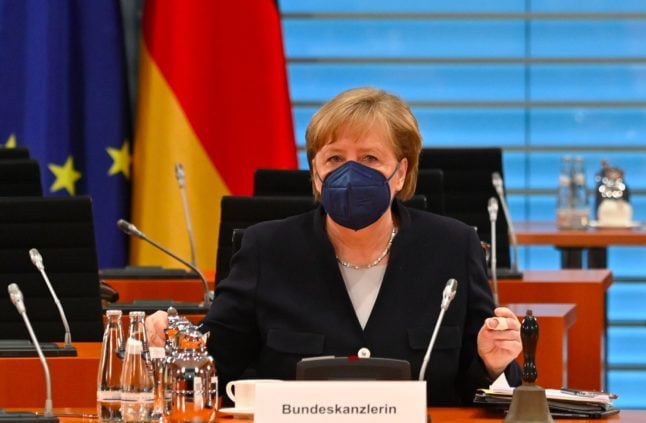The UN health agency said Portugal had notified it of a "large outbreak" of Legionnaire's disease in the Vila Franca de Xira suburb of Lisbon, voicing concern about the public health implications.
The disease is not contagious and cannot be spread directly from person to person, but can multiply in water and air conditioning systems, including humidifiers, whirlpools and spas.
It is usually caught by breathing in small droplets of contaminated water.
The first 17 Portuguese cases were identified late last Thursday, and since then a full 233 cases have been reported, WHO spokesman Christian Lindmeier told reporters in Geneva, adding that most of those infected were aged between 50 and 60.
Thirty-eight people are in intensive care and five have died, most of them with pre-existing medical conditions.
"This is the biggest Legionnaire's disease in Portugal and is considered a major public health emergency," Lindmeier said, describing the outbreak as "unusual and unexpected".
The source of the outbreak has yet to be detected, but he said that with such a large outbreak, it was unlikely that the infection had originated in a single household.
As a precaution, cooling towers in the area have been closed for disinfection, he said.
"The municipal water has now been checked and found to be safe," he said, adding: "No risk has been detected from drinking water in the affected areas."
The disease was discovered in the United States in 1976 during a convention of the American Legion, a military veterans group, at which 29 people died.
WHO
Concern raised over Legionnaire’s in Portugal
An outbreak of Legionnaire's disease in Portugal that has killed five people in less than a week constitutes a "major public health emergency", the World Health Organization warned on Tuesday.
Published: 11 November 2014 14:22 CET

WHO headquarters in Geneva. Photo: Yann Forget
Url copied to clipboard!


 Please whitelist us to continue reading.
Please whitelist us to continue reading.
Member comments